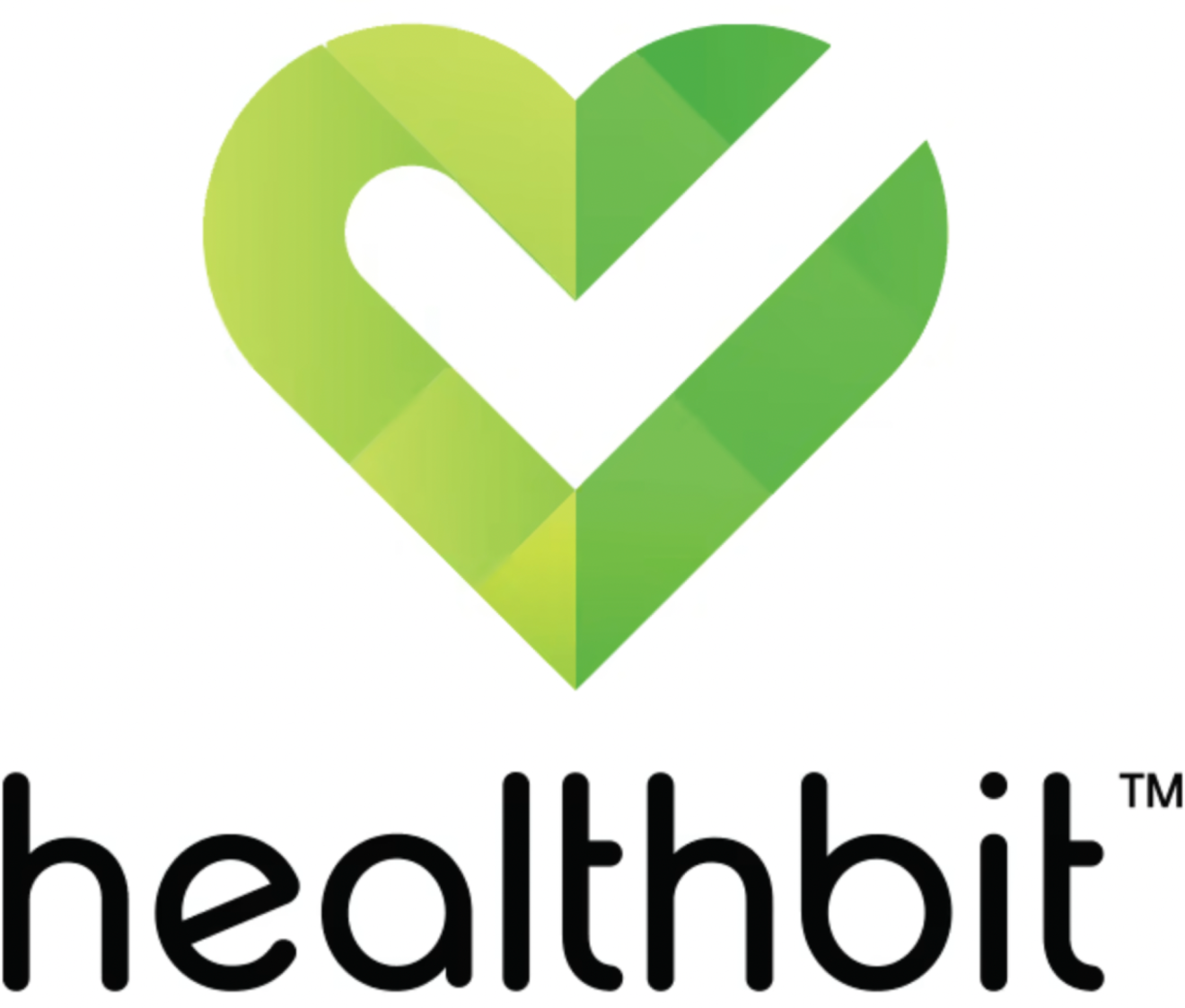Healthbit, based in San Diego, California, helps clinical laboratories execute and improve lab operations using innovative technology tools. The company aims to transform how laboratories function by substituting age-old processes with efficient, cost-effective, and scalable ones. Healthbit Founder, Nilesh Dharajiya, MD has served as Laboratory Director at many laboratories throughout his career, and also serves as a volunteer inspector for the College of American Pathologists to inspect clinical labs across the nation.
As many labs through his past experience used paper or Excel based workflows, Nilesh saw an opportunity for improvement and took the challenge head-on. He had been exposed to Quickbase previously and knew the solution could smooth out operations and make many lab processes more efficient. So, when starting his own business, he deployed Quickbase from the start. Later, he put up a team to experiment with Quickbase and identify ways to implement it in their processes. Today, the company utilizes six Quickbase applications that support the entire lab operation, the ecosystem is known as LabOS (Lab Operating System).
Challenge
- Vast amounts of paperwork, with secure storage requirements
- Siloed systems preventing the free exchange of data
- Manual data entry on paper or in Excel caused delays and errors
- Suboptimal software tools for specific requirement
- Long lab software development time, delaying product launch
Solution
- A user-friendly patient portal with a seamless backend powered by Quickbase
- Laboratory Information Management System for easy data access
- Document management system for SOPs, signature routing, training, and competency, ensuring every step within the process is followed in an audit-proof manner
- Compliance application for meeting strict regulatory requirements
- Clients application to manage all clients, physician groups, healthcare professionals, orders, etc.
- Temperature Monitoring System for environmental monitoring
Benefits
- Improved processes and reduced costs by over $9000 each month per Lab
- Significant time saving of over 100 hours each month
- Improved productivity from each employee
- Shortened product launch cycles
- Easy-to-use workflow for both non-technical and technical developers
- Remote monitoring of each procedural step in the lab
Traditionally, the healthcare industry is synonymous with manual, time-consuming, and inefficient processes. It impacts service delivery, affecting the quality of care patients get while increasing the cost. Healthbit aims to change this narrative by leveraging the power of technology.
Founded in 2019, Healthbit is a healthcare tech company that provides different services like strategic planning, lab process management, regulatory guidance, data science, and more. Whether you want to create a system for efficient communication, paperless processes, or establish a clinical lab, Healthbit can deliver innovative tech tools for different use cases.
With Nilesh Dharajiya as the Physician-Scientist & Founder, Healthbit has had its fair startup challenges. Nilesh has also worked in different labs, where he encountered many challenges that affect the performance and productivity of teams.
In clinical lab, we used Excel spreadsheets to queue up samples for a process that was outside of tasks handled by typical lab software, LIMS. The problem was if somebody made any change, it forced another user to close the file.
From Nilesh’s experience working in the labs, he understood the implications of inefficient processes on critical lab operations, including personnel, procedures, reagents, instruments, data science, and quality management. It also took more time and costs to work on tasks which generated little to no revenue for the company but were essential to meet regulatory requirements.
Working with paper-based documentation presented even more challenges, especially when it came to compliance and audits. The health industry is heavily regulated, and labs and hospitals have to keep records of all their processes. With a paper-based laboratory operation, there are different risks, such as incomplete data, inaccurate reporting, data loss, illegible notes, human errors, and storage requirements for HIPAA compliance.

Nilesh understood that Quickbase, if fully utilized, could do anything that they wanted. With the help of Quickbase engineers, Quickbase University, and the community forum, Nilesh implemented Quickbase when creating LabOS. He set up a team of engineers to utilize Quickbase, and it became the backbone of his new company.
Without Quickbase, there wouldn’t be LabOS. Quickbase was always the plan because it offers short development time.
The Healthbit team used Quickbase to build the LabOS ecosystem comprising six primary apps for LIMS, Documents, Worksheets, Compliance, Clients, and Temperature Monitoring System. Healthbit also developed a Patient Portal with Quickbase as the backend for all data management. This setup increased information transparency for non-developers like healthcare professionals, gained end-to-end visibility, and achieved agility.

Further, the Healthbit apps on the Quickbase platform help reduce the time and cost of tasks necessary for business but don’t drive revenue, what Nilesh calls as “orphan tasks”. For example, before LabOS on the Quickbase platform, it used to take around 134 hours on orphan tasks per month -- after LabOS, it’s only 20 hours. Lab managers took approximately 36 hours to complete orphan tasks, costing the company about $4500 per month. With LabOS backed by Quickbase, this reduced to only 2 hours while costing only $250 per month. Overall, for a clinical lab, the savings were over $9000 per month after implementation of LabOS.
Extended use cases to combat the COVID 19 pandemic
Quickbase has also enabled Healthbit to spin up independent apps for just about any project. For example, during the second wave of the Coronavirus pandemic in India, the team quickly made an Oxygen Concentrator Distribution app for helping NGOs manage their oxygen concentrators. Healthbit was able to generate the app in just seven days and deployed it for an NGO in India.
Whether it’s a limited function of online access or running the entire lab, I saw the possibility within the Quickbase platform.
Plans for the Future
Looking into the future, Nilesh believes that the healthcare software ecosystem is very fragmented. He also believes that Quickbase offers an opportunity for healthcare professionals and developers to attain common grounds.
In my personal opinion, the healthcare industry is about 30 to 40 years behind the tech industry.
However, no-code platforms like Quickbase can help to reduce this gap by leveraging technology that shortens development times and the time to market. “Once you know the power of Quickbase, you’ll get hooked on it,” noted Nilesh.
Nilesh believes that these tools can help make processes simple and also decrease healthcare costs. Additionally, they will also help to eliminate errors and delays caused by manual data. Ultimately, no-code platformseliminate paperwork in the lab, making record-keeping quite convenient and efficient.




